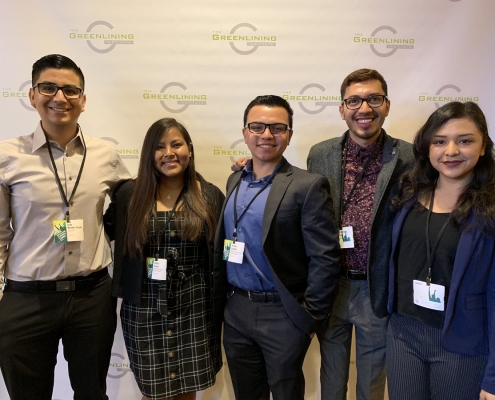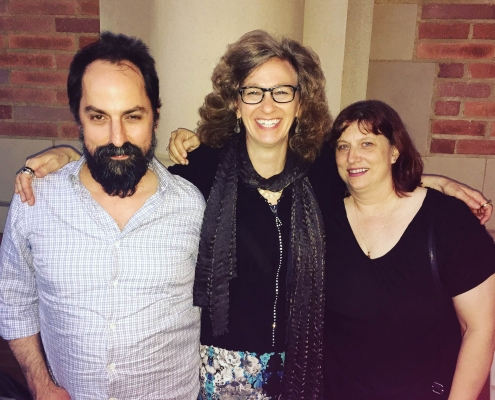Posts

Health, Wealth, & Power: A Student’s Perspective
By Vianney Gomez and Celina Avalos As policy fellows with…

UCLA Faculty and Alumni Discuss the Past and Present Politicization of the US Census
Comparative historical sociologists, Professors Dylan Riley…

